Museu do Aljube
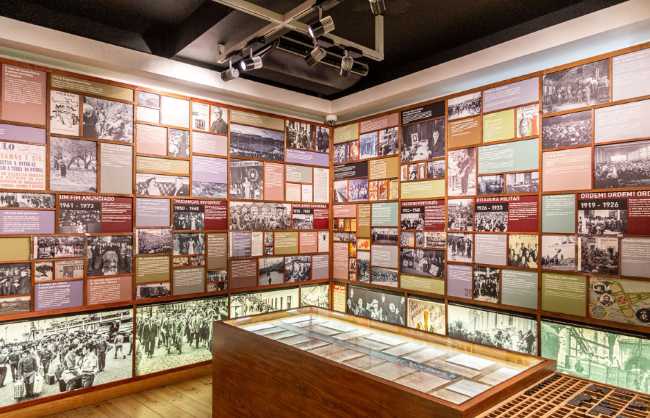
The Museu do Aljube in Lisbon is a powerful tribute to Portugal’s struggle for democracy, housed in a former political prison. Located near the Sé Cathedral, the museum chronicles the resistance against the Estado Novo dictatorship, which ruled from 1926 to 1974. Through interactive exhibits, personal testimonies, and archival materials, visitors gain insight into the harsh realities of political repression and the fight for freedom. The museum’s permanent collection spans three floors, covering censorship, imprisonment, and the colonial wars that shaped Portugal’s modern history. The preserved prison cells offer a haunting glimpse into the conditions endured by political prisoners. Temporary exhibitions further explore themes of resistance and human rights. Easily accessible by tram or bus, the museum is open Tuesday to Sunday, with admission starting at €3. It is free for residents on Sunday mornings.
Lisbon PortugalMuseu do Aljube – Resistência e Liberdade is located at Rua de Augusto Rosa, 42, 1100-059 Lisboa, in the heart of Lisbon’s historic Alfama district, just steps from the city’s central downtown area and directly opposite the imposing Sé de Lisboa, the city’s main cathedral. The museum is housed in a building with a complex history, originally a Moorish cistern, later an ecclesiastical prison, and, most recently, a political prison during the Estado Novo dictatorship, now transformed into a space dedicated to the memory of resistance and the struggle for freedom. Its central location makes it easily accessible by public transport, with trams 12 and 28, bus 737, and metro stations Baixa-Chiado and Terreiro do Paço all within a short walk, allowing visitors to connect effortlessly to other parts of the city. Nearby, visitors can explore the vibrant Alfama neighborhood, known for its winding alleys, traditional fado houses, and authentic local restaurants, providing a true taste of Lisbon’s character. Within a few minutes’ walk, you’ll find the Church of St. Anthony, the scenic viewpoints of Santa Luzia and Portas do Sol offering panoramic views over the city and the Tagus River, and the Museum of Decorative Arts, all contributing to a rich cultural experience. The area is also close to the iconic São Jorge Castle, which dominates the city skyline and offers further historical insight and stunning vistas. atmosphere.
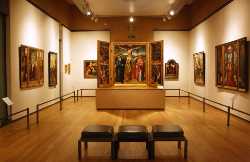 National Museum of Ancient Art
Lisbon
National Museum of Ancient Art
Lisbon
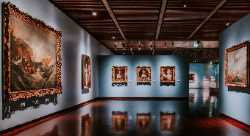 Museu Calouste Gulbenkian
Lisbon
Museu Calouste Gulbenkian
Lisbon
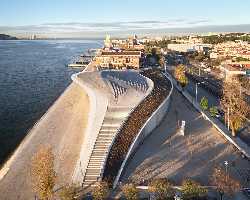 MAAT
Lisbon
MAAT
Lisbon
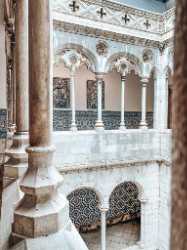 Museu Nacional do Azulejo
Lisbon
Museu Nacional do Azulejo
Lisbon
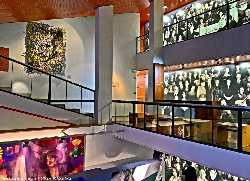 Museu do Fado
Lisbon
Museu do Fado
Lisbon
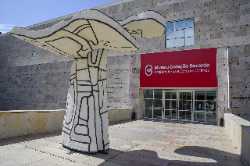 Museu Coleção Berardo
Lisbon
Museu Coleção Berardo
Lisbon
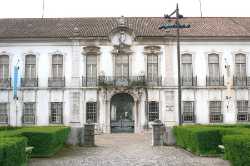 Museu de Lisboa
Lisbon
Museu de Lisboa
Lisbon
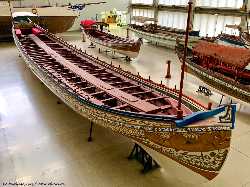 Museu da Marinha
Lisbon
Museu da Marinha
Lisbon
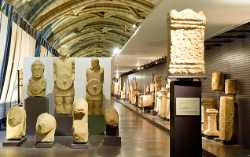 Museu Nacional de Arqueologia
Lisbon
Museu Nacional de Arqueologia
Lisbon
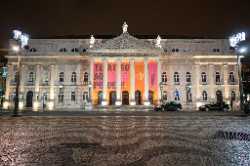 Teatro Nacional D. Maria II
Lisbon
Teatro Nacional D. Maria II
Lisbon
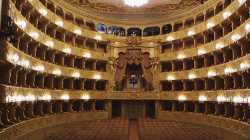 Teatro São Luiz
Lisbon
Teatro São Luiz
Lisbon
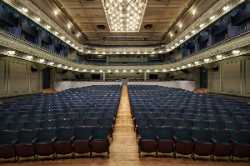 Teatro Tivoli BBVA
Lisbon
Teatro Tivoli BBVA
Lisbon
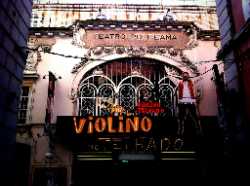 Teatro Politeama
Lisbon
Teatro Politeama
Lisbon
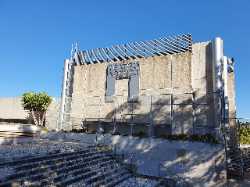 Teatro Aberto
Lisbon
Teatro Aberto
Lisbon
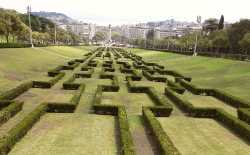 Parque Eduardo VII
Lisbon
Parque Eduardo VII
Lisbon
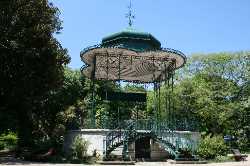 Jardim da Estrela
Lisbon
Jardim da Estrela
Lisbon
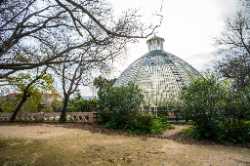 Tapada das Necessidades
Lisbon
Tapada das Necessidades
Lisbon
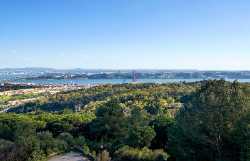 Monsanto Forest Park
Lisbon
Monsanto Forest Park
Lisbon
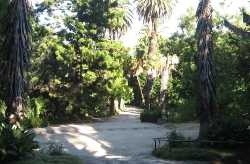 Jardim Botânico da Universidade de Lisboa
Lisbon
Jardim Botânico da Universidade de Lisboa
Lisbon
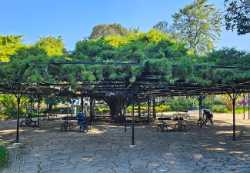 Jardim do Príncipe Real
Lisbon
Jardim do Príncipe Real
Lisbon
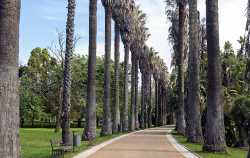 Jardim Botânico Tropical
Lisbon
Jardim Botânico Tropical
Lisbon
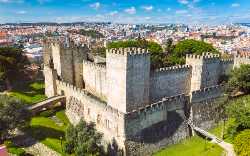 Castelo de São Jorge
Lisbon
Castelo de São Jorge
Lisbon
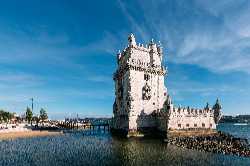 Torre de Belém
Lisbon
Torre de Belém
Lisbon
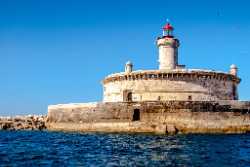 Forte de São Lourenço do Bugio
Lisbon
Forte de São Lourenço do Bugio
Lisbon
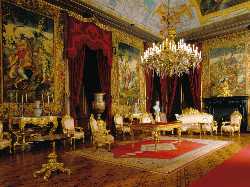 Palácio Nacional da Ajuda
Lisbon
Palácio Nacional da Ajuda
Lisbon
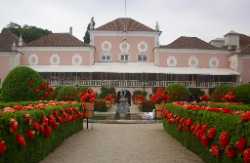 Palácio de Belém
Lisbon
Palácio de Belém
Lisbon
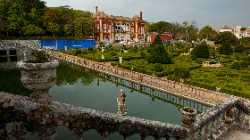 Palácio Fronteira
Lisbon
Palácio Fronteira
Lisbon
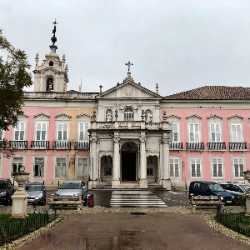 Palácio das Necessidades
Lisbon
Palácio das Necessidades
Lisbon
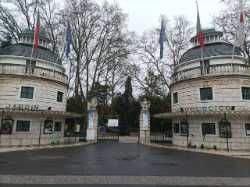 Jardim Zoológico de Lisboa
Lisbon
Jardim Zoológico de Lisboa
Lisbon
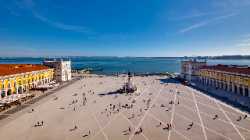 Praça do Comércio
Lisbon
Praça do Comércio
Lisbon
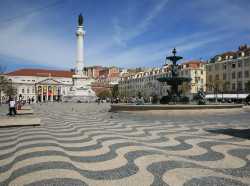 Rossio Square
Lisbon
Rossio Square
Lisbon
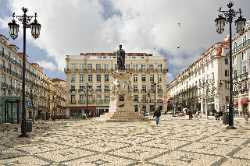 Praça Luís de Camões
Lisbon
Praça Luís de Camões
Lisbon
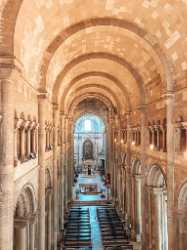 Sé de Lisboa
Lisbon
Sé de Lisboa
Lisbon
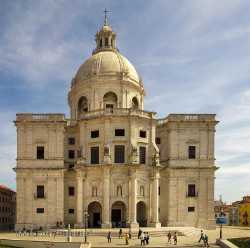 Panteão Nacional
Lisbon
Panteão Nacional
Lisbon
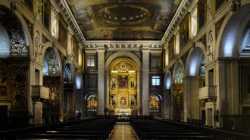 Igreja de São Roque
Lisbon
Igreja de São Roque
Lisbon
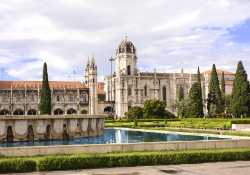 Mosteiro dos Jerónimos
Lisbon
Mosteiro dos Jerónimos
Lisbon
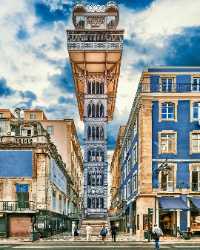 Elevador de Santa Justa
Lisbon
Elevador de Santa Justa
Lisbon
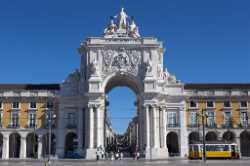 Arco da Rua Augusta
Lisbon
Arco da Rua Augusta
Lisbon
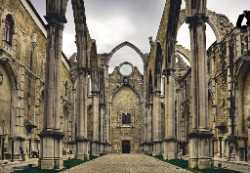 Convento do Carmo
Lisbon
Convento do Carmo
Lisbon
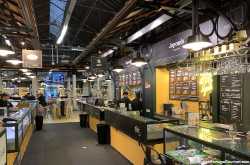 Mercado de Campo de Ourique
Lisbon
Mercado de Campo de Ourique
Lisbon
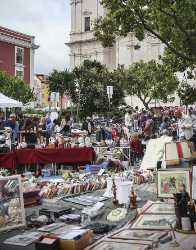 Feira da Ladra
Lisbon
Feira da Ladra
Lisbon
 Mercado de Alvalade Norte
Lisbon
Mercado de Alvalade Norte
Lisbon
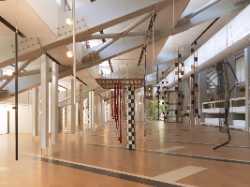 Centro de Arte Moderna Gulbenkian
Lisbon
Centro de Arte Moderna Gulbenkian
Lisbon
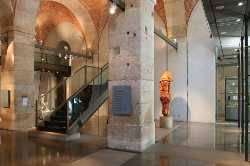 Museu Nacional de Arte Contemporânea
Lisbon
Museu Nacional de Arte Contemporânea
Lisbon
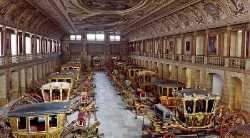 Museu Nacional dos Coches
Lisbon
Museu Nacional dos Coches
Lisbon
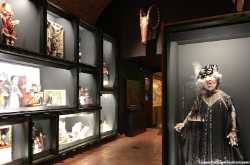 Museu da Marioneta
Lisbon
Museu da Marioneta
Lisbon
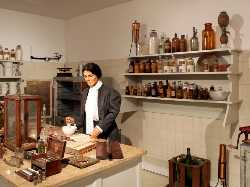 Museu da Farmácia
Lisbon
Museu da Farmácia
Lisbon
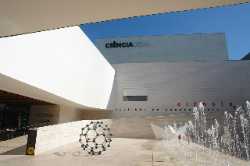 Pavilhão do Conhecimento
Lisbon
Pavilhão do Conhecimento
Lisbon
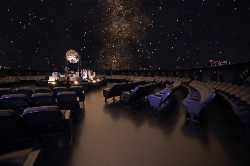 Planetário Calouste Gulbenkian
Lisbon
Planetário Calouste Gulbenkian
Lisbon
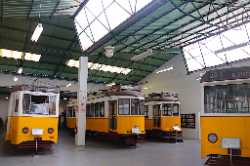 Museu da Carris
Lisbon
Museu da Carris
Lisbon
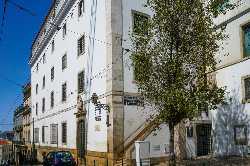 Museu do Aljube Resistência e Liberdade
Lisbon
Museu do Aljube Resistência e Liberdade
Lisbon
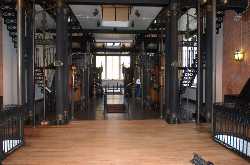 Museu da Água
Lisbon
Museu da Água
Lisbon
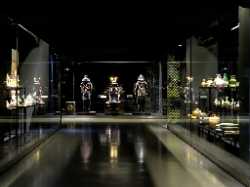 Museu do Oriente
Lisbon
Museu do Oriente
Lisbon
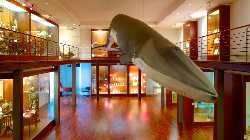 National Museum of Science & Natural History
Lisbon
National Museum of Science & Natural History
Lisbon
 Museu Benfica
Lisbon
Museu Benfica
Lisbon
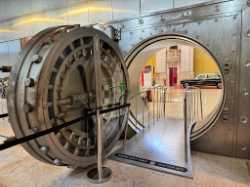 Museu do Dinheiro
Lisbon
Museu do Dinheiro
Lisbon
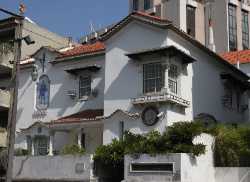 Museu Bordalo Pinheiro
Lisbon
Museu Bordalo Pinheiro
Lisbon
 Casa Fernando Pessoa
Lisbon
Casa Fernando Pessoa
Lisbon
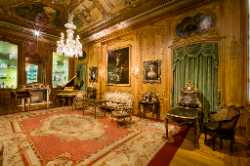 Museu Medeiros e Almeida
Lisbon
Museu Medeiros e Almeida
Lisbon
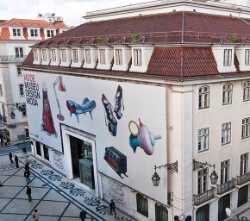 Museu do Design e da Moda
Lisbon
Museu do Design e da Moda
Lisbon
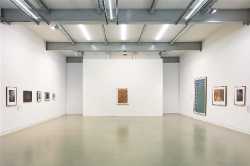 Galeria Filomena Soares
Lisbon
Galeria Filomena Soares
Lisbon
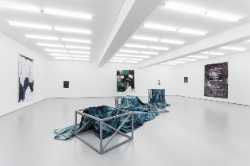 Galeria Vera Cortês
Lisbon
Galeria Vera Cortês
Lisbon
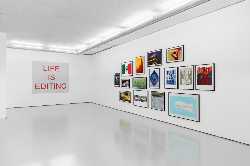 Galeria Cristina Guerra
Lisbon
Galeria Cristina Guerra
Lisbon
 Underdogs Gallery
Lisbon
Underdogs Gallery
Lisbon
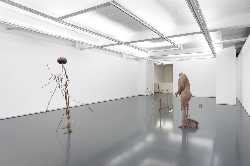 Galeria Pedro Cera
Lisbon
Galeria Pedro Cera
Lisbon
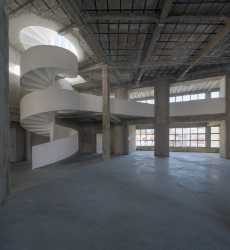 Carpintarias de São Lázaro
Lisbon
Carpintarias de São Lázaro
Lisbon
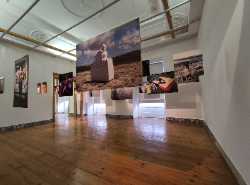 Zé dos Bois (ZDB) Gallery
Lisbon
Zé dos Bois (ZDB) Gallery
Lisbon
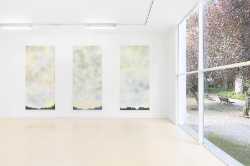 Pavilhão Branco
Lisbon
Pavilhão Branco
Lisbon
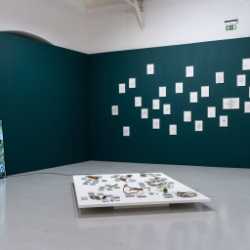 Galeria Avenida da Índia
Lisbon
Galeria Avenida da Índia
Lisbon
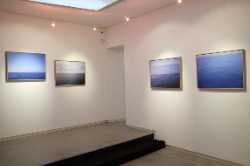 Galeria das Salgadeiras
Lisbon
Galeria das Salgadeiras
Lisbon
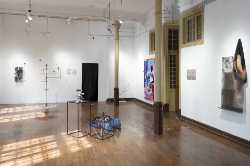 Appleton Square
Lisbon
Appleton Square
Lisbon
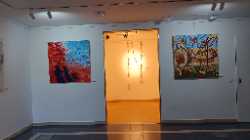 Galeria Beltrão Coelho
Lisbon
Galeria Beltrão Coelho
Lisbon
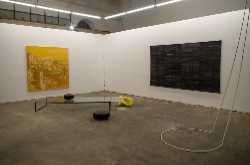 Kubikgallery Lisboa
Lisbon
Kubikgallery Lisboa
Lisbon
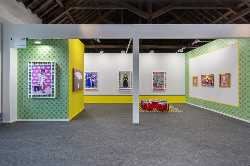 ARCOLisboa
Lisbon
ARCOLisboa
Lisbon
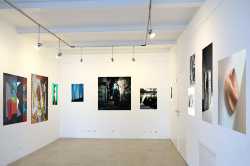 Espaço Cultural Mercês
Lisbon
Espaço Cultural Mercês
Lisbon
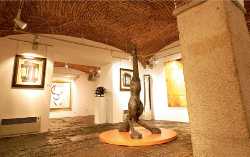 Galeria São Mamede
Lisbon
Galeria São Mamede
Lisbon
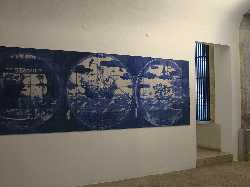 Galeria Ratton
Lisbon
Galeria Ratton
Lisbon
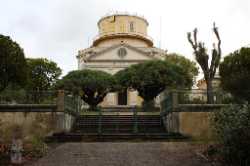 Observatório Astronómico de Lisboa
Lisbon
Observatório Astronómico de Lisboa
Lisbon
 Planetário de Marinha
Lisbon
Planetário de Marinha
Lisbon